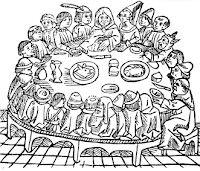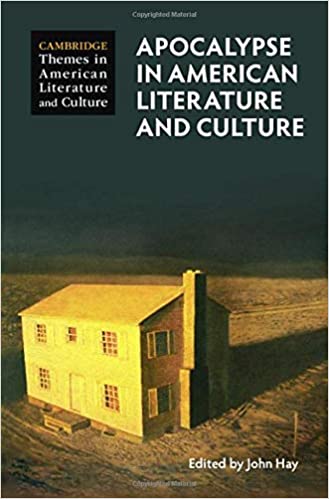Fall 2021 Courses Announced

ENG 8000 - 001 Theory Seminar R from 05:20 pm to 07:20 pm Heather Hicks This course will be run as a seminar in which each week, a different graduate faculty member will introduce you to a body of theory that is particularly important within current discussions in their field of specialization. What are some of the major theoretical approaches in medieval studies today? Early modern studies? What about 19th-century American literature and British literature? Modernism? Postcolonial Studies? Irish Studies? Contemporary literature? This class is an attempt to bring you immediately into dialogue with a wide variety of theories that are shaping literary study today. The course is intended to be a lively opportunity to meet most of the English faculty members who teach at the graduate level and to engage in dialogue about and analysis of the contemporary state of literary theory. Assignments will include biweekly journals and a final 15-page seminar paper. ENG 8106 - 001: Chaucer M







